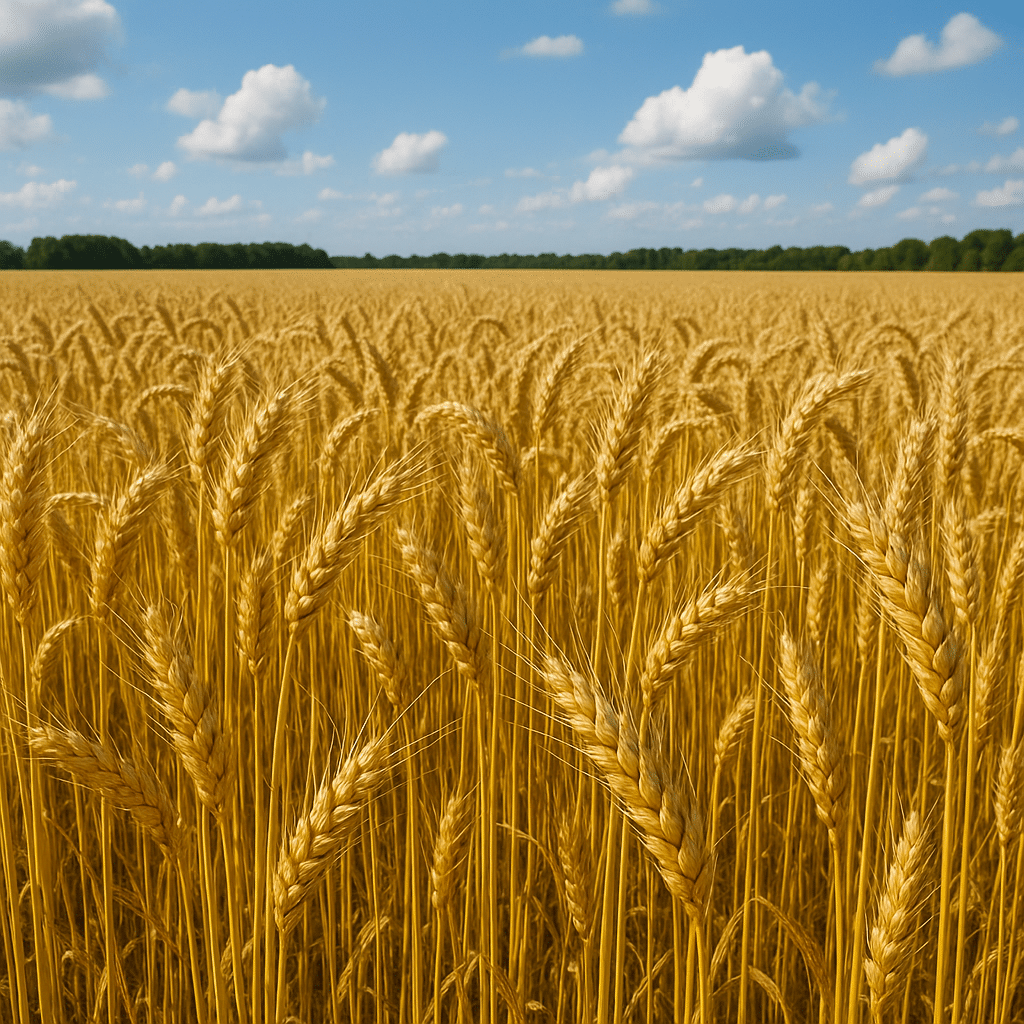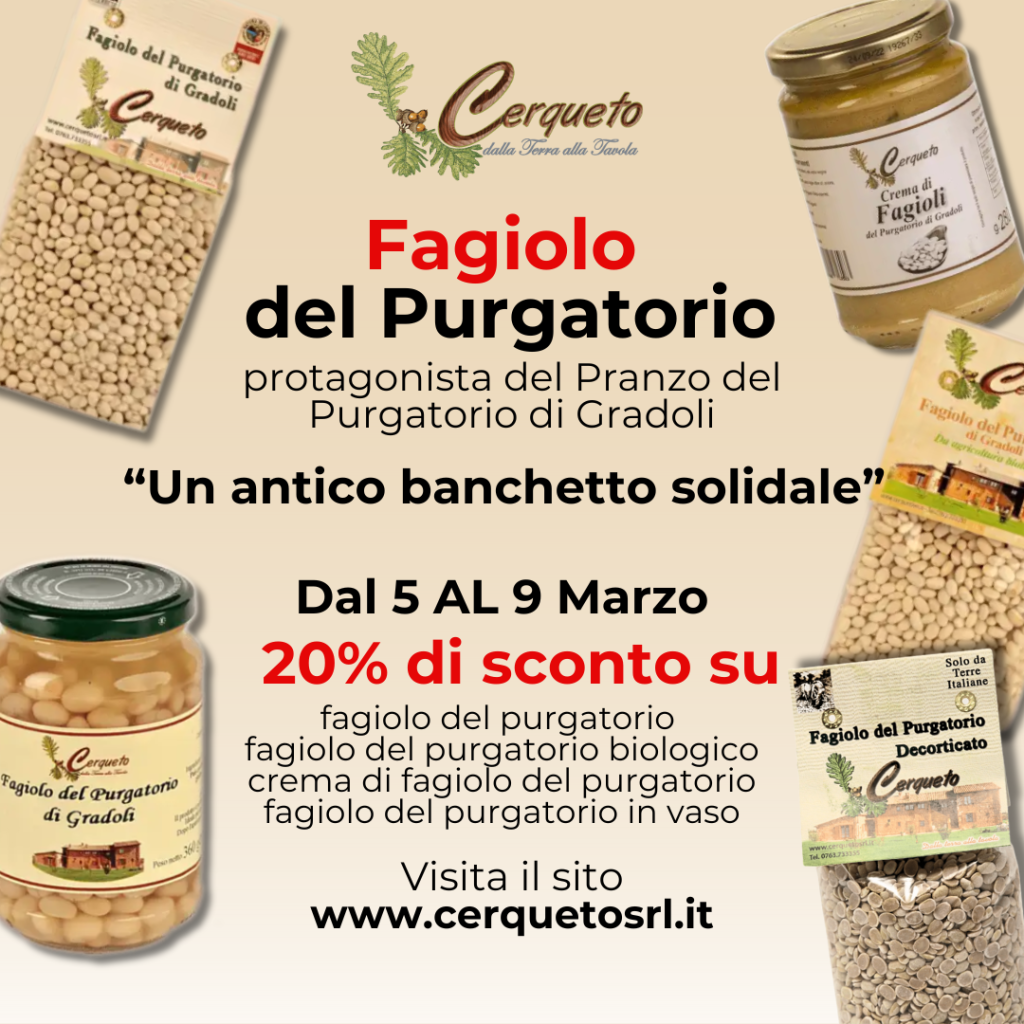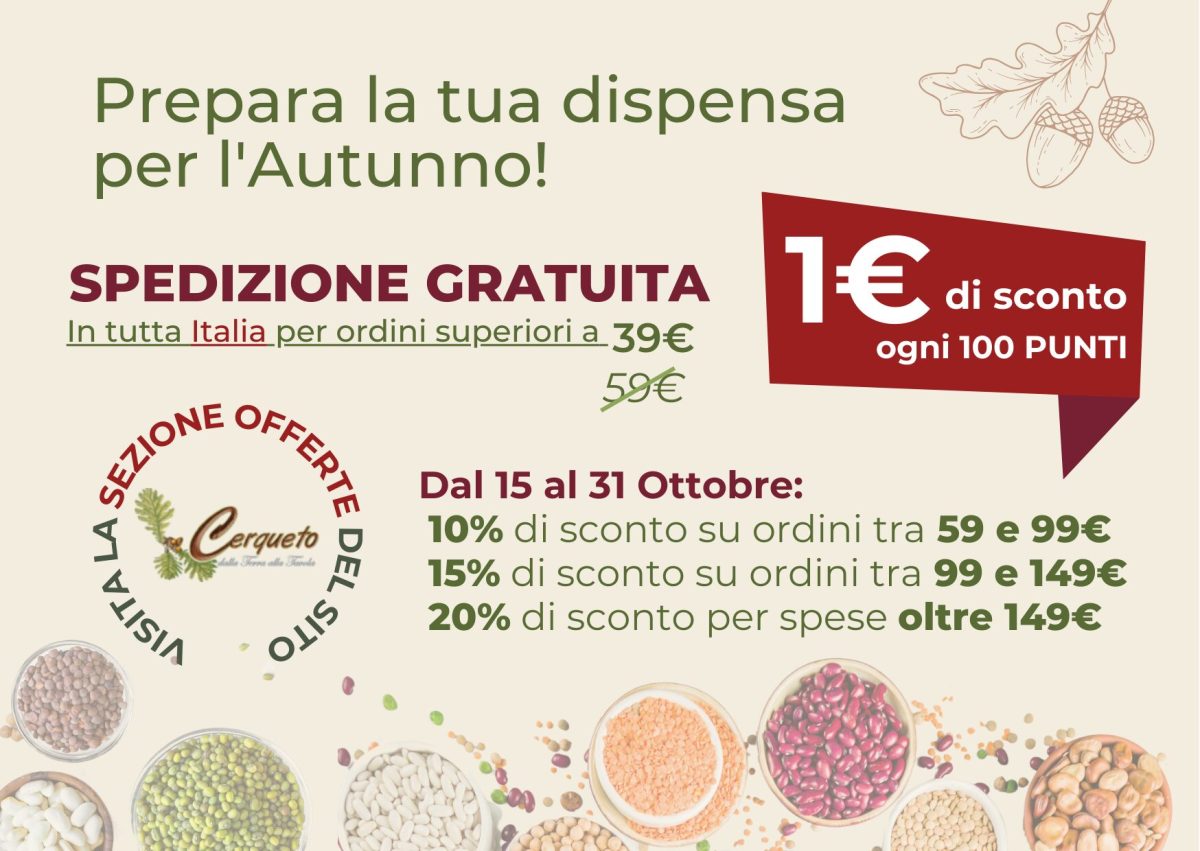In a world where the frenzy of progress often causes us to forget our roots, ancient grains are experiencing a resurgence on our tables, especially in the splendid setting of Tuscia. This region, rich in history and fertile lands, has for centuries guarded the secret of authentic cultivation, far removed from industrial standardization. Today, the rediscovery of these grains is not just a fad, but a conscious return to our origins, an embrace of nature and the traditions that tell us so much about our gastronomic and rural culture.
The Return of Ancient Grains: Roots and Flavors of Tuscia
Tuscia, with its enchanting landscapes and fertile soils, has always been a land of ancient grains such as spelt, buckwheat, rye, and barley. These varieties, cultivated using traditional methods, represent a precious agricultural heritage, which in recent decades had risked disappearing in favor of more productive seeds, but less flavorful and nutritionally rich. The rediscovery of these grains today is a concrete response to those seeking authenticity and genuineness, but also a way to protect biodiversity and keep alive a part of our rural history.
The flavor of Tuscia's ancient grains is unique and unmistakable: farro, for example, has a rustic texture and a slightly nutty flavor reminiscent of the flavors of yesteryear, while buckwheat, though not a true grain, brings intense, earthy notes to our tables. These flavors tell us stories of community, of families who for generations have cultivated the land slowly, respecting nature's rhythms. Those who love local legumes like cannellini beans or Onano lentils know how the combination with ancient grains is a perfect alliance for authentic and nutritious dishes.
Beyond flavor, ancient grains are symbols of a region that strives to enhance its resources without sacrificing quality. Tuscia today boasts a network of small producers and artisanal mills who, with passion and respect, cultivate these grains according to seasonality and local methods. This means that every grain that reaches our tables is the fruit of direct labor and a short supply chain, protecting the environment and guaranteeing freshness and traceability.
The benefits and traditions of locally sourced grains in our kitchens
Ancient grains, besides being a pleasure to the palate, are true allies for your health. Thanks to their rich fiber, vitamins, and minerals, they represent a superior nutritional choice compared to highly refined modern grains. For example, spelt is known for its high-quality protein content and natural antioxidants that promote intestinal health. Furthermore, barley, often used in soups and broths typical of the Tuscia region, is an excellent cholesterol regulator thanks to its beta-glucanin content.
The culinary traditions of Tuscia have always valued these grains as the basis of simple yet flavorful dishes, born of seasonality and the land. Farro polenta accompanied by local legumes is just one example of how popular cuisine has transformed humble ingredients into delicacies rich in flavor and history. Preserving these products, often in jute bags and in cool, dry environments, is an art passed down through generations, allowing them to preserve their organoleptic properties for longer.
For those who love to experiment in the kitchen, ancient grains offer endless possibilities: from making rustic, fragrant bread to homemade pasta to traditional desserts. The secret to recognizing a quality ancient grain is often its provenance and direct contact with the producer, who can tell us the story of that grain and the best way to use it. In an era where local consumption and sustainability are essential values, choosing ancient grains from Tuscia means not only enjoying a healthy diet, but also supporting a region and its rural culture.
The return of ancient grains to our tables is not just a gastronomic phenomenon, but a true journey into the roots of Tuscia and its rural identity. These grains, bearers of authentic flavors and ancient stories, teach us to respect nature's rhythms and rediscover the richness of a tradition built on passion, care, and respect for the land. For those who love authentic products and desire a tangible connection with the land, ancient grains are an invitation to rediscover the value of "eating well" in a conscious, sustainable, and profoundly human way.







